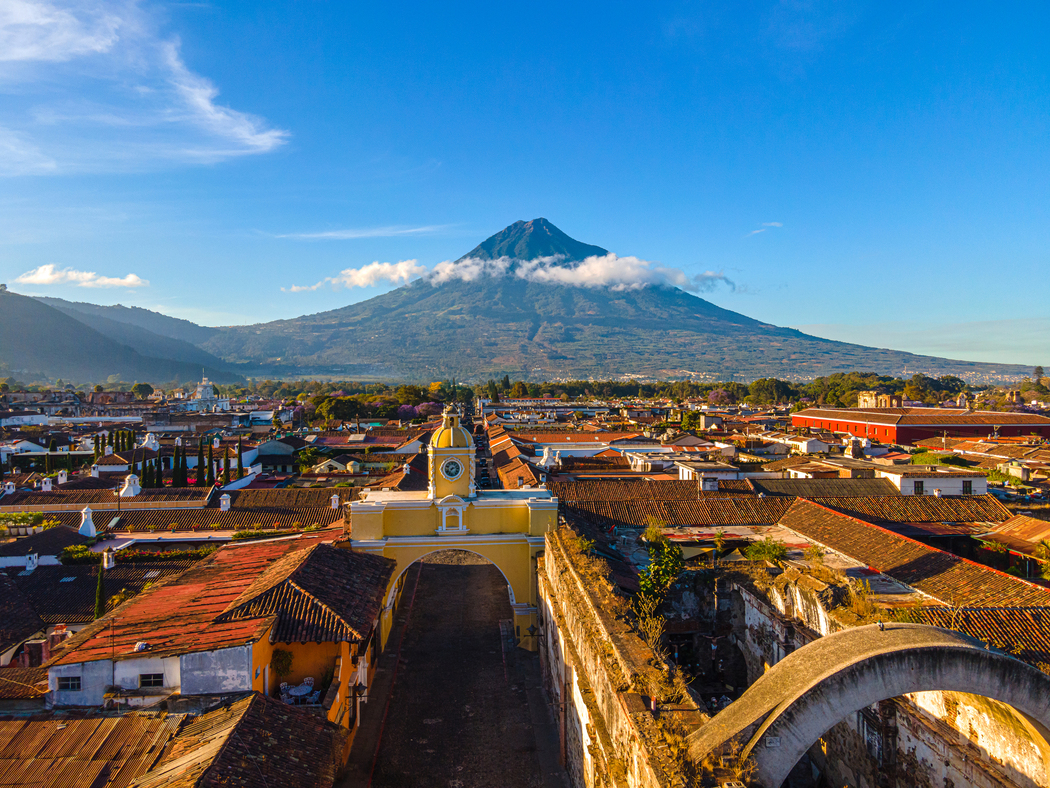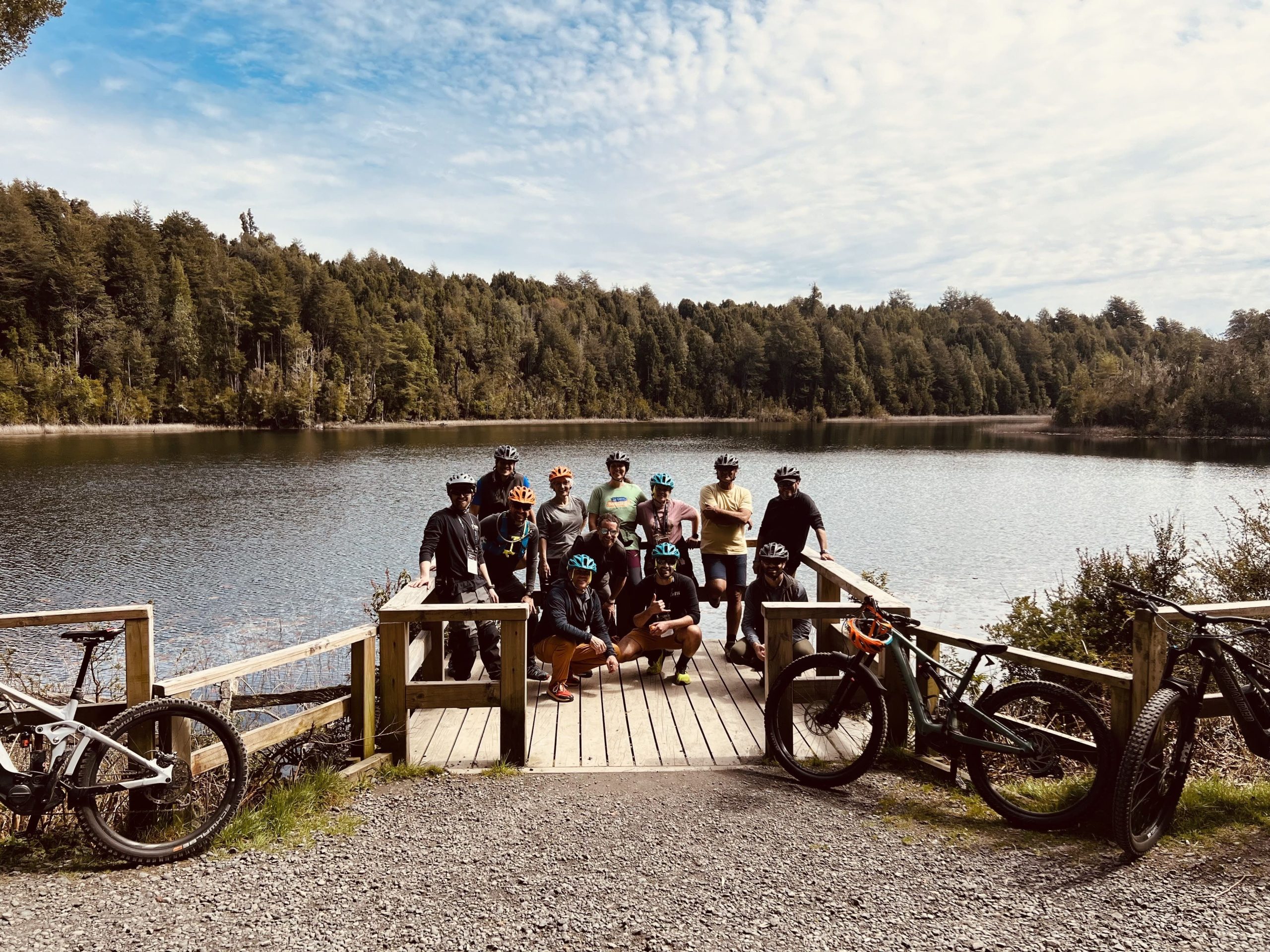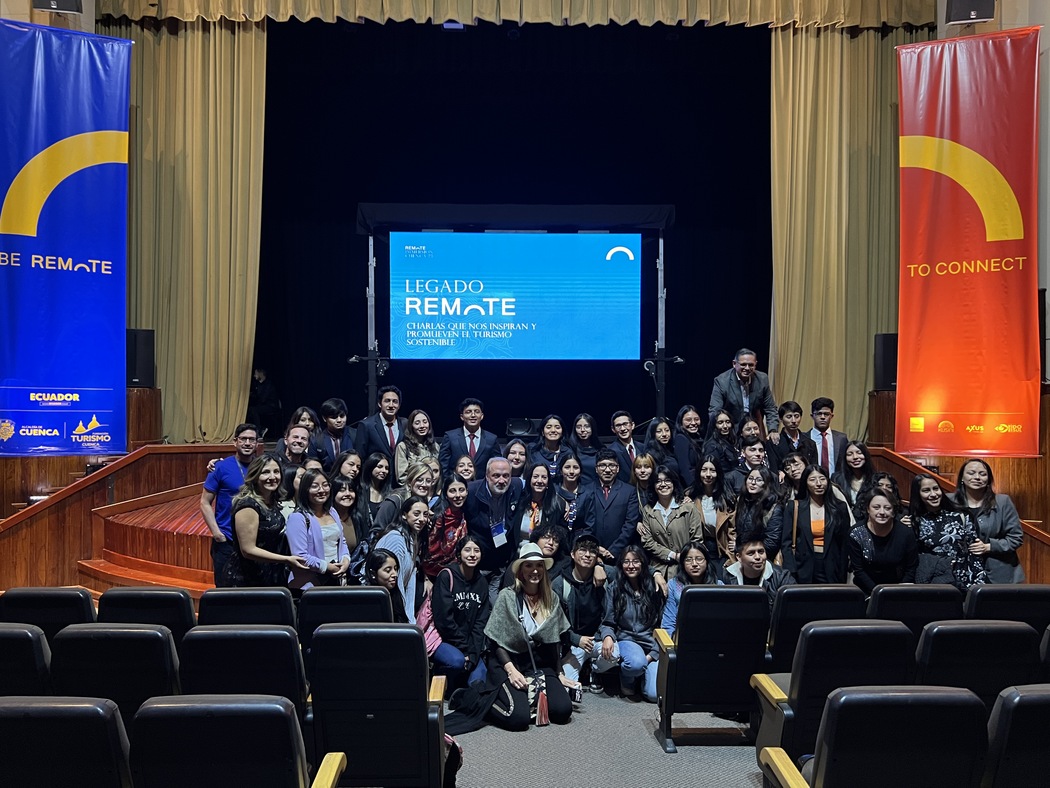
Many hoteliers dream of embracing social and environmental projects in the regions where they’re located. But the truth is that having successful projects requires a process of continuous building, especially with the local community.
To understand a little more about this purpose, REMOTE chatted with Claudia, general manager at Hotel Engenho at Comuna de Ibitipoca, a property that has been embracing projects in the region for 40 years.
Minas Gerais, the state that’s home to Comuna do Ibitipoca, is one of the main cradles of Brazilian culture with its traditional embroidery, folklore and herbal medicine. The owners quickly realized that they were part of a Blue Zone and, as such, the region needed to be supported and valued.

The hotel is located in Ibitipoca National Park, surrounded by Atlantic Forest, which is the vegetation responsible for the sustenance of 70% of Brazil’s population and at the same time the most threatened due to demographic pressures.
The instinct to take care of the region began with the purchase of land, which then degraded, until the process of complete regeneration of its local fauna and flora.
Carbon neutralization – the importance of this region.
When the grounds decided to open up to visitors in 2008, it was clear that it had to be structured around conscious tourism, understanding of the message and the environmental work that was already being done.
Out of a strategic vision of luxury tourism based on unique local experiences in the region, social projects were soon born to support the culture and tradition that the hotel offers.
“Simultaneously with the regeneration of the environment, it was instinctive to want to do more for the region and take care of people. We did not want them to simply leave the region. In order to prevent the rural exodus of the new generations, we realized that we urgently needed to involve them in the revitalization of the local culture.”

To create long lasting socio-environmental projects, we learned a few golden rules, says Claudia:
First, you need to truly involve the local community. This means listening to what the locals want. “In other words, understanding that the community does not always want what we want or think it wants for itself. Local residents have to be involved in the entire decision-making process so that everything makes sense and is sustained.”
The second step is to stimulate and value local entrepreneurship: train and value the local workforce, and guarantee the purchase of local production. Often, it is possible to stimulate entrepreneurship in the employees themselves. So collaborate with your own ideas to add and reinvent existing initiatives.

Today the hotel has several active projects, from the reintegration of wild animals and FIB experimental projects in the local village, inspired by Bhutan, to the experimental Life School, inspired by the Green School in Bali. “We are an open work. New contexts and ideas are emerging.” This adaptability and flexibility is crucial.

And how is all of this supported financially? Today 50% of the hotel’s revenue goes directly to supporting these projects and the other 50% is for hotel operations and income generation. Claudia says that it is essential to involve guests: encouraging them to experience the region through these projects and inviting them to co-create with us.
“I have guests who see great purpose in staying with us, who come from outside the country and only stop by the hotel, because they feel that they are experiencing and helping the region for real.
That is why they see meaning in conscious tourism.” Much more than just running a hotel, this means creating a connection between guests and the local community through the hotel”.


